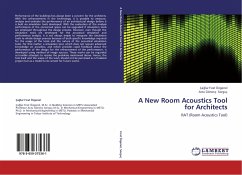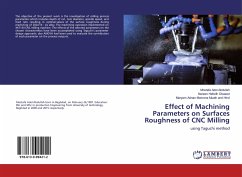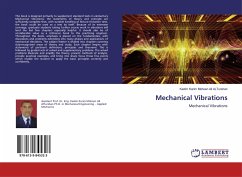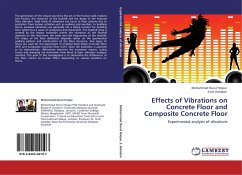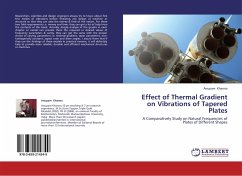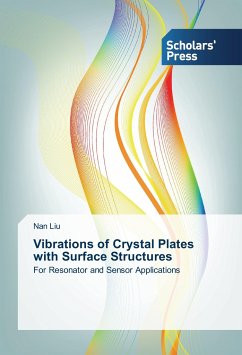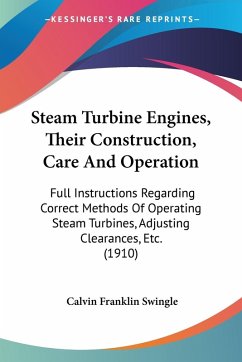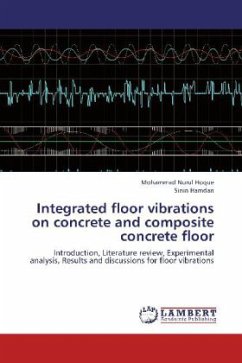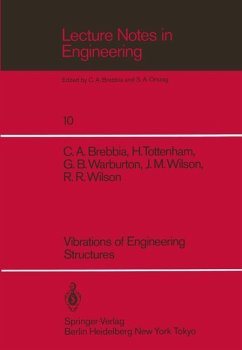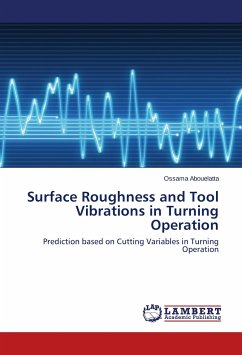
Surface Roughness and Tool Vibrations in Turning Operation
Prediction based on Cutting Variables in Turning Operation
Versandkostenfrei!
Versandfertig in 6-10 Tagen
45,99 €
inkl. MwSt.

PAYBACK Punkte
23 °P sammeln!
The ability to predict the surface texture of a machined part allows engineers to select appropriate process inputs such as cutting conditions and tool geometry during the design process, in order to control the required surface quality. In machining operations, the quality of surface finish is an important requirement for many turned workpieces. Thus, the choice of optimized cutting parameters is very important for controlling the required surface quality. The focus of the this work is to find a correlation between surface roughness and cutting vibrations in turning, and to derive mathematica...
The ability to predict the surface texture of a machined part allows engineers to select appropriate process inputs such as cutting conditions and tool geometry during the design process, in order to control the required surface quality. In machining operations, the quality of surface finish is an important requirement for many turned workpieces. Thus, the choice of optimized cutting parameters is very important for controlling the required surface quality. The focus of the this work is to find a correlation between surface roughness and cutting vibrations in turning, and to derive mathematical models for the predicted roughness parameters based both on cutting parameters and machine tool vibrations. The correlation coefficient was calculated by collecting and analyzing data generated by turning mild carbon steel samples at different levels of speed, feed, depth of cut, tool nose radius, tool length, approach angle, workpiece diameter, workpiece length and tool frequency. An additional aim of the work is to find a mathematical model for the predicted roughness parameters, based on both cutting parameters and machine tool vibrations.



